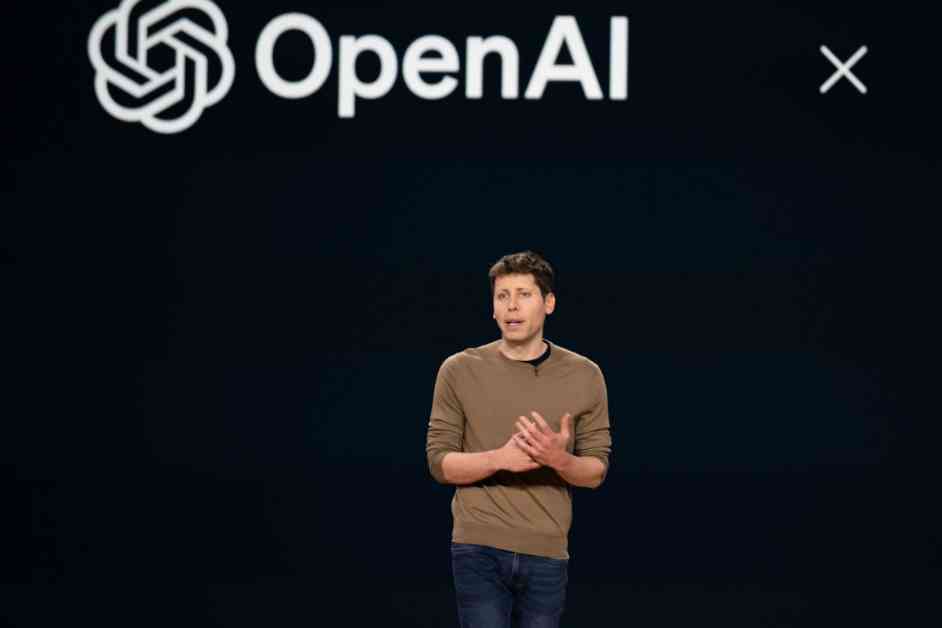OpenAI recently unveiled its new search product, ChatGPT Search, as a potential rival to Google. Many have been eagerly awaiting this release, especially after Google incorporated AI-generated answers into its search results earlier this year, leading to some questionable outcomes. This move by Google fueled speculation that OpenAI’s search engine could be a “Google killer.”
Having tested ChatGPT Search as my primary search engine for about a day, I found myself reverting back to Google. While ChatGPT Search did offer some impressive features and provided a glimpse into the future of AI-driven search interfaces, it was not practical for daily use.
ChatGPT Search proved to be useful at times for quickly finding real-time answers to questions without sifting through numerous ads and articles. The format of presenting concise answers with links to information sources was appealing. However, it fell short when it came to handling short, navigational queries, which make up a significant portion of searches on Google.
During my testing, I encountered inaccuracies and hallucinations in ChatGPT Search’s responses to simple queries like live sports scores or company earnings reports. This highlighted the current limitations of the AI-powered search tool compared to Google’s accuracy and efficiency in handling such queries.
While OpenAI has ambitious plans to enhance ChatGPT Search based on user feedback, it is evident that improving the performance on short, practical queries will be crucial for its success in challenging Google’s dominance in the search engine market.
Furthermore, the reliance on Microsoft Bing as the underlying search engine and the nature of large language models may contribute to ChatGPT Search’s struggles with short queries. OpenAI acknowledges the need to enhance the experience for these common types of searches to compete effectively with Google.
Despite the potential of AI-driven search tools like ChatGPT Search and Perplexity, which is also aiming to disrupt the search market, they have yet to fully replace Google Search, especially in terms of web navigation. The difference in user behavior between these AI products and Google Search, as highlighted by the CEO of Perplexity, underscores the challenge of addressing the diverse search needs of users.
While ChatGPT Search and Perplexity offer value in surfacing information that may not be easily accessible through traditional search methods, they still have work to do in refining their capabilities for handling short queries and improving overall user experience. Until these AI search tools can effectively address the core strengths of Google Search, they may not entirely replace it as the preferred gateway to the internet.











